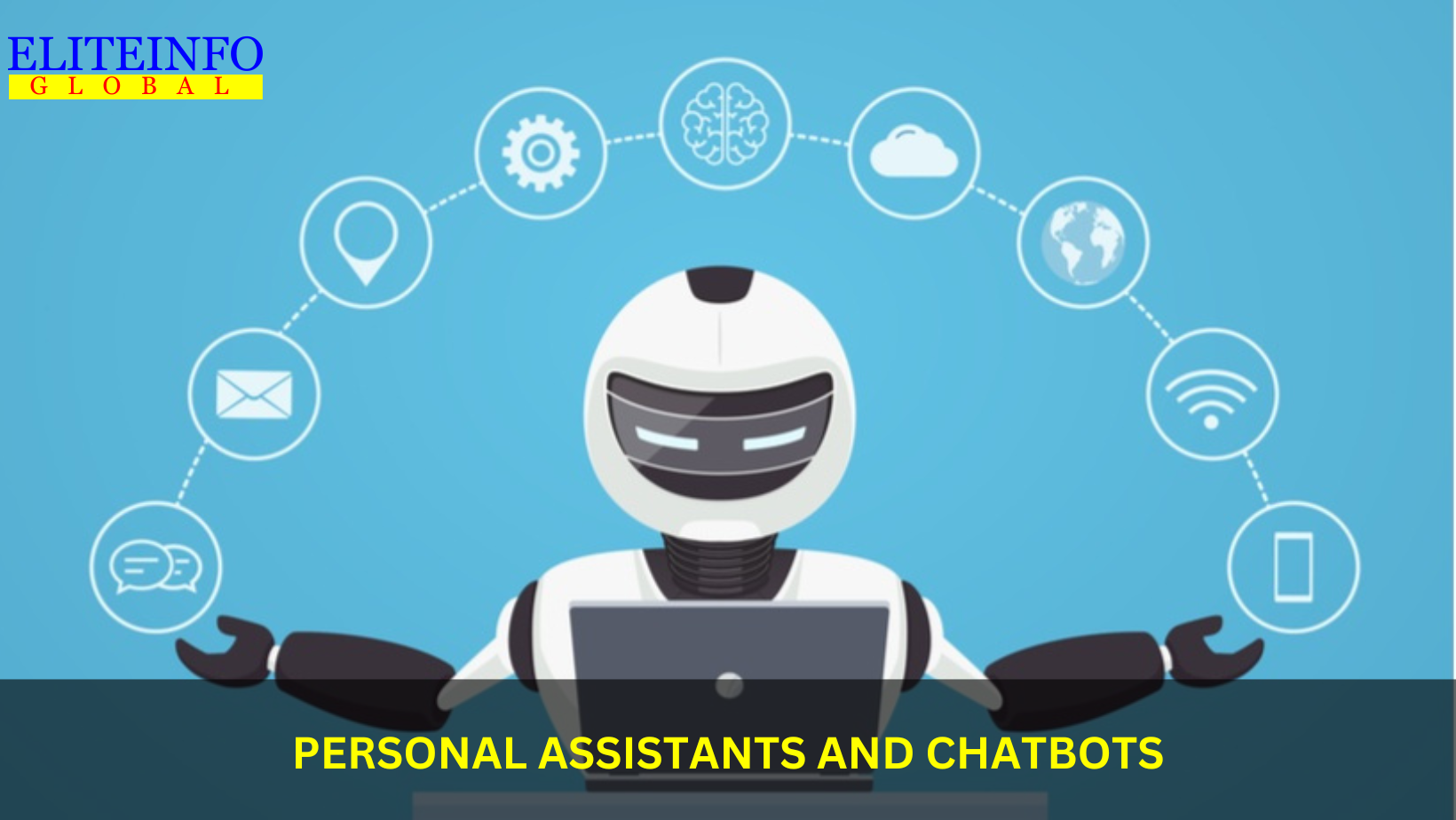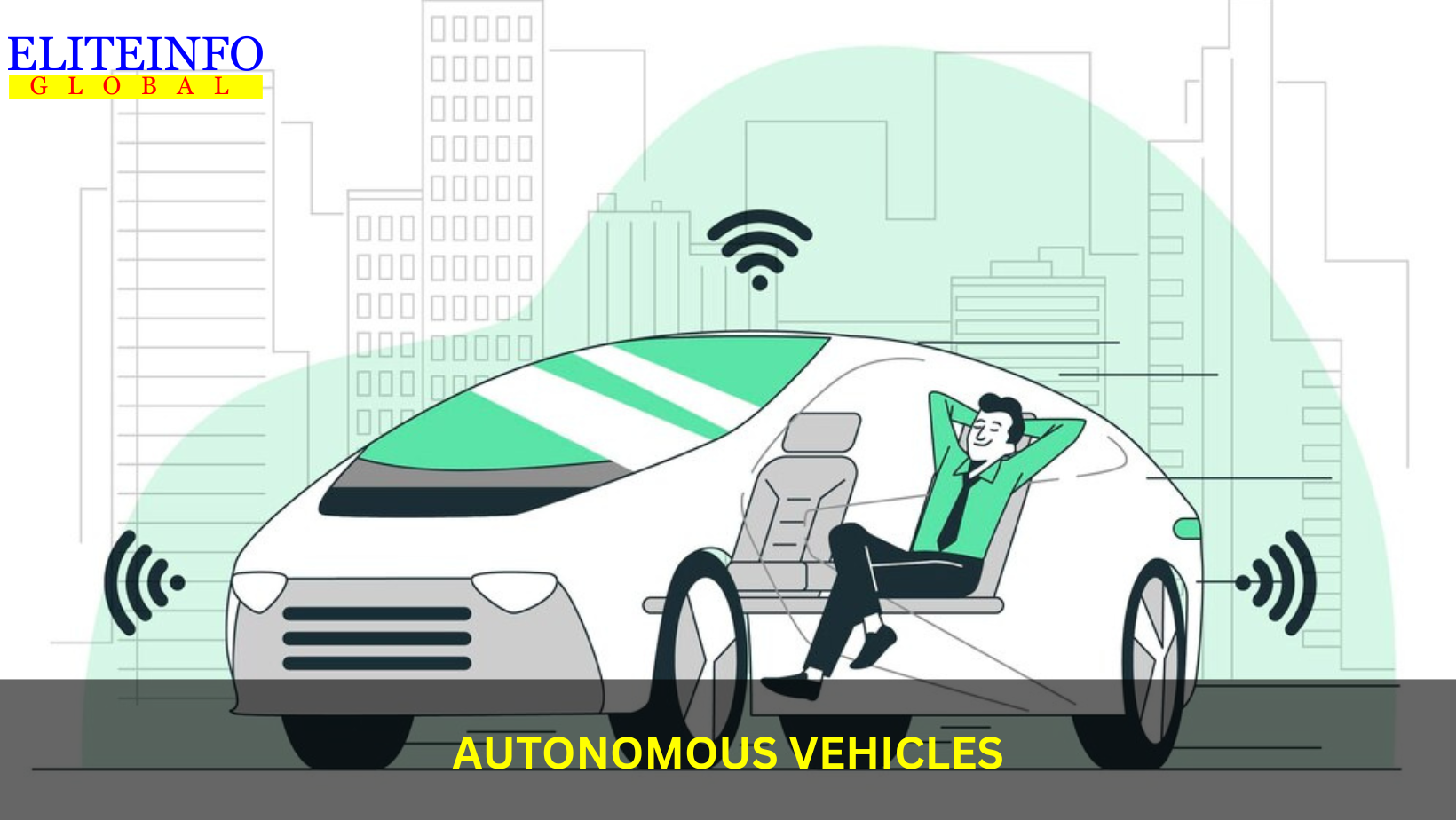Artificial Intelligence (AI) has huge impact on our daily activities. Different tools of virtual assistants like Siri, Google Assistant, and Alexa have started influencing our online experiences with easy access from mobile phones and other electronic devices. AI has become an integral part of our everyday existence. This blog explores multiple applications of AI in our daily lives, delving into how it enhances convenience, personalizes experiences, and revolutionizes every industry including healthcare sectors.
Applications of AI in our Everyday Life
Personal Assistants and Chatbots

AI-driven personal assistants like Siri, Google Assistant, and Alexa have become unavoidable companions, helping users to manage schedules, answer different types of questions, control smart home devices and other appliances. A chatbot is a human configured software or an online interface designed to simulate human speech or text exchanges. Now a days, Chatbots on websites and messaging platforms enhance customer service by providing instant responses and resolving queries.
What is AI Chatbot:
AI Chatbots are software programs that understand spoken or written human language based on Natural Language Processing (NLP) capabilities.
What are the benefits of AI chatbots?
These Chatbots can be used to
- Identify qualified leads for your business
- Collect user data and build email lists to followup any tasks. They can gather information analyze it
- Provide 24×7 customer service
- Upsell and cross-sell your products and services
- Automate repetitive tasks
Chatbot technology is now common and can be found everywhere from smart speakers at home to workplace messaging applications like Slack.
Social Media and Content Recommendations

Content recommendation systems on social media platforms like Facebook, Instagram, YouTube etc are playing the most important roles now a days. These AI algorithm analyses user behaviour and gives preference to suggest relevant content to the user.
Facebook uses Advance Machine Learning technique to recognize face in photos to target user with advertising. Instagram (by Facebook) uses AI to deliver the quality contents and visuals to users.
Google assistant tracks your each and every word from voices so that every eCommerce application can show you the perfect product as per your interest.
AI of LinkedIn is used to offer job recommendations, suggest similar people to gets connected, and specific post recommended to the user as per their interest.
Snapchat AI technology track your features, provide relevant and useful responses to your requests, including nearby place recommendations.
These are just few examples how AI or Machine Learning Language are working behind every social media platform to engage you with perfect contents as per your interest.
Healthcare Diagnostics

Artificial intelligence (AI) is used in healthcare in a variety of tasks including discovering new connections between genetic codes, powering robots that can assist during surgery, automating administrative works, customising therapy options, and much more. Tasks using artificial intelligence are completed faster as compared to human beings and it is making life easier for patients, physicians, and hospital managers. AI is playing significant role in disease diagnostics and recognition. Machine learning models can analyze medical images, such as X-rays and MRIs, to assist healthcare professionals in detecting abnormalities and making accurate diagnoses.
Advantages of AI in healthcare
- Data Analysis: AI technology is able to analyse medical records and other healthcare-related data much faster than humans and often more accurately within a short period of time.
- Personalized Medicine: By analyzing genetic information, medical history, and other relevant factors, AI can identify the most effective treatment options for specific patients. This approach can increase the treatment success rates and minimizes harmful effects to each patient’s unique characteristics.
- Diagnostic Assistance: AI plays a crucial role in medical imaging analysis and diagnostic support. With machine learning algorithms, AI systems can process and interpret medical records, images, and other patient data quickly and accurately. This not only speeds up the diagnostic process but also contributes to early detection and treatment of diseases.
- Predictive Analytics for Disease Prevention: AI algorithms can analyze historical patient data to identify patterns and trends that may indicate a higher risk of certain diseases or medical conditions. By predicting potential health issues, healthcare providers can implement preventive measures, offer early interventions, and improve overall patient outcomes.
- Workflow Optimization and Automation: AI can streamline administrative tasks and optimize healthcare workflows. Chatbots and virtual assistants powered by AI can handle routine inquiries, appointment scheduling, and administrative processes, freeing up healthcare professionals to focus more on patient care. Automation of repetitive tasks can lead to increased efficiency, reduced costs, and improved overall healthcare service delivery.
Autonomous Vehicles

AI plays a crucial role in the development of autonomous vehicles. From self-driving cars to drones, AI systems use sensors and real-time data to navigate and make decisions, potentially revolutionizing transportation and logistics.
Here are some key aspects of how AI is used in autonomous vehicles:
- Autonomous vehicles are equipped with various sensors, including cameras, lidar (light detection and ranging), radar, and other environmental sensors. AI is used to process and fuse data received from these sensors to create a comprehensive and accurate representation of the vehicle’s surroundings.
- Simultaneous Localization and Mapping (SLAM) algorithms, powered by AI, allow autonomous vehicles to understand their position and navigate within a predefined environment.
- Path planning algorithms uses cameras, lidar, radar, and other environmental sensor data to determine the optimal route, considering factors such as traffic conditions, obstacles, and safety.
- AI is used to develop user interfaces that enable passengers to interact with autonomous vehicles. Natural Language Processing (NLP) and speech recognition technologies are used to create communication between passengers and the vehicle’s control systems.
- Continuous Learning and Updating process by AI helps in improving the performance and safety of the vehicles over time, as they encounter a diverse range of driving conditions and scenarios.
Email Management

is the art of organizing, prioritizing, and handling email communications efficiently and effectively. It involves various tasks such as reading, responding, archiving, and email searching. Effective email management is crucial for individuals and organizations to stay organized, maintain clear communication, and optimize productivity.
There are several ways AI email management can help:
- By removing unnecessary messages and highlighting the important messages AI can creates a healthy and clean inbox to work
- It also prevents spam and fraudulent messages by understanding the context so that you are not vulnerable to harmful messages and websites.
- AI email management can automate your responses like frequently asked questions and other repetitive messages.
Language Translation Services

AI-powered language translation tools, like Google Translate, enable seamless communication across languages, breaking down linguistic barriers in everyday communications. It also helps to increase vocabulary knowledge of the user.
AI-powered language translation services have made significant progess in recent days, providing more accurate and efficient solutions for overcoming language barriers. Here are some key aspects and advantages of language translation services using AI:
- AI-driven language translation often employs advanced models like Neural Machine Translation, which uses deep learning techniques to understand and generate human-like translations.
- AI translation models can consider the context of the entire sentence or paragraph, resulting in more contextually accurate translations by understanding the nuances and idiomatic expressions present in natural language
- AI enables real-time translation services, allowing users to receive instant translations during conversations, written communication, or while reading multimedia contents in case of business meetings, conferences, or online interactions.
- AI-driven translation services can be more cost-effective compared to traditional translation methods. Automated translation processes can handle large volumes of content quickly and with relatively low maintenance costs.
Smart Agriculture System

AI applications in agriculture involve predictive analytics for crop management, drone-assisted monitoring, and precision farming techniques, optimizing crop yields and resource usage. Some of the application-based AI fields in Agriculture are:
-
- Crop Monitoring and Disease Detection
- Automated Harvesting and Sorting using AI-driven robots
- Climate Prediction and Risk Management for the seasonal crops
- Smart Irrigation Systems uses real-time data from soil moisture sensors and weather forecasts to optimize water usage.
- AI accelerates the crop breeding process by analyzing genetic data and predicting the traits that lead to improved yield, resilience, and nutritional value
Biometric Security

AI plays a significant role in biometric security, with facial recognition, fingerprint scanning, voice recognition being used for identity verification in devices like smartphones and security systems.
The Advantages of AI in Biometric Security:
- Enhances the accuracy and precision of biometric security systems, reducing the likelihood of false positives and ensuring reliable identity verification
- AI algorithms continuously learn and adapt, allows biometric systems to improve with the flow of time.
- Users can unlock devices or gain access to secure areas effortlessly, eliminating the need for passwords or PINs
Implications of AI in Everyday Life
Although AI is doing good in everyday life, it has many implications which may complicate the human life:
- Ethical Concerns: The excess use of AI raises ethical questions related to privacy, bias, and accountability. Ensuring that AI systems are transparent, fair, and respect individual privacy is crucial to addressing these concerns.
- Job Displacement and Transformation: The automation of routine tasks through AI may lead to job displacement in some industries. However, it also opens up opportunities for new types of jobs and emphasizes the importance of acquiring skills that complement AI technologies.
- Security Challenges: As AI becomes more integrated into daily life, the risk of cybersecurity threats and malicious uses of AI also increases. Safeguarding AI systems against hacking and misuse is a growing concern.
Conclusion
Artificial Intelligence is not just a futuristic concept but an integral part of our everyday lives. Its applications are diverse, ranging from enhancing convenience and efficiency to transforming entire industries. As we continue to embrace the benefits of AI, it is crucial to address the ethical and societal implications to build a future where artificial intelligence complements human existence responsibly and ethically.










